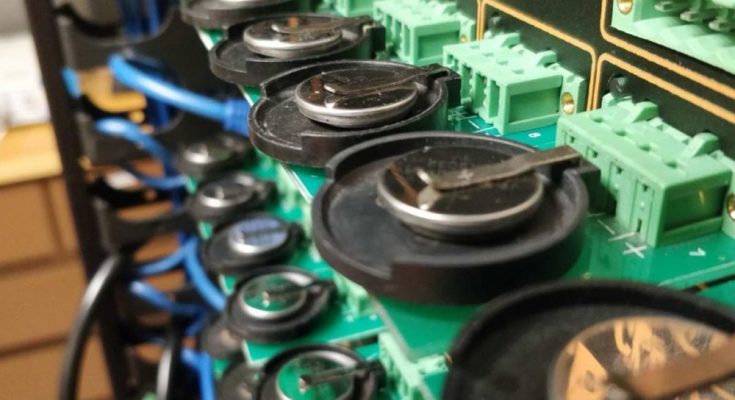Metaphorically speaking, details are the exact property of the brain, while the heart has dominion over our feelings. But from the healthcare perspective, details are a valuable tool for treating the complete body, especially the heart. Health information systems are today a significant part of healthcare. Health informatics, since the field may be known, is a system whereby information concerning the patient, a condition, or therapy is easily stored, organized, and shared for common usage among doctors, nurses, and other nurse practitioners.
Healthcare informatics optimizes healthcare by combining it with information sciences and computer sciences. Information science is often a system whereby details are classified so that this constant addition, subtraction, and modification of your singular bit of information is easily included in the complete. Computer science is worried mainly with processing information-that is, making calculations following programs, patterns, algorithms, and protocols. Health informatics uses information science and computational programs to help you regulate and enhance the quality of healthcare in lots of fields, like nursing, clinical care, pharmaceuticals, and also occupational therapy.
Cardiovascular technology has greatly benefited from healthcare informatics as our technology has improved and been utilized in healthcare. There are many informatics programs for electrocardiography management, and understanding how to use these programs is an essential part of any healthcare training specializing in cardiovascular technology.
Some from the data associated with ECG informatics include:
- Heart rate: measuring the heart’s beats per minute
- Heart rhythm: measuring irregularities in electrical impulses generated with the heart
- Axis: measuring the position of the heart’s major muscle bulk
- Blocks: analyzing irregularities and blockages in the heart’s electrical conduction system
- Hypertrophy: analyzing the thickness inside ventricular walls
- Ischemia: analyzing the thinness of the blood inside the heart
- Injury: analyzing the results of trauma, drug use or heart attacks
- Infraction: measuring disturbances inside circulation to the heart
- Pacemakers: monitoring the electrodes utilized to artificially regulate the heartbeat
- Electrolyte imbalance: monitoring the levels of electrolytes during excessive fluid changes
- Arrhythmias: Other irregularities of heart activity
Considering the complex many functions with the heart as well because of the diversity inpatient medical histories, the application of healthcare informatics and cardio information management systems is a huge advantage for healthcare. With computer science being put to the service of cardiovascular care, we are continuing a gradual integration of technology as a necessary part of the healthy functioning of organisms. Like the artificial pacemaker, which once upon a time could have sounded like something from science fiction, the union of health insurance technology is today a commonplace reality. The more we realize concerning the heart’s functioning and activity, in your brains, in your computerized databases, and inside our culturally-shared knowledge, the greater we can easily feel safe and secure within our hearts and minds.




